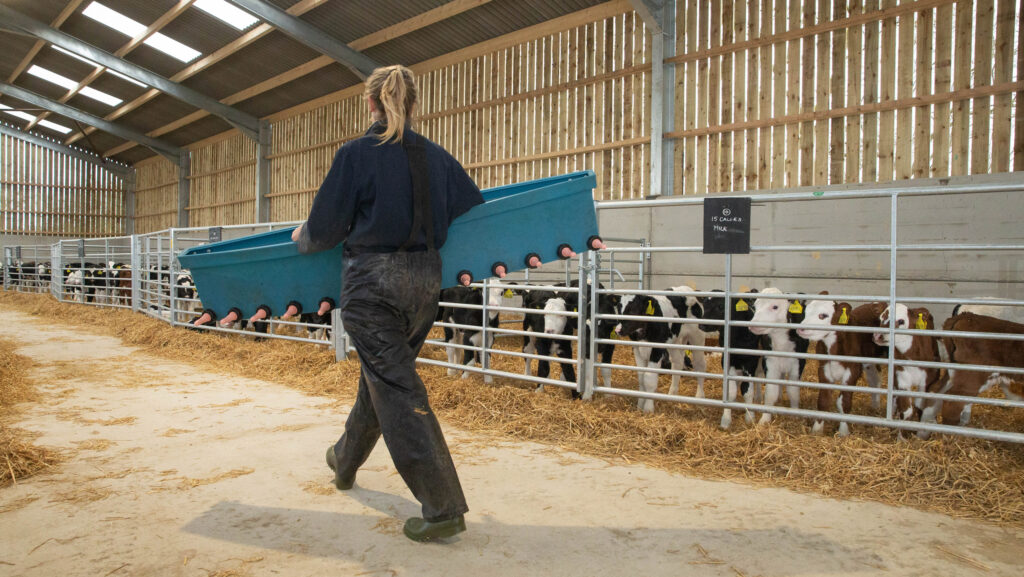Opinion: Are we shutting out the people we need?
 © Tim Scrivener
© Tim Scrivener Most people with a connection to farming say the same thing about Clarkson’s Farm, that it has done a lot of good for British agriculture.
It has given a beautifully produced overview of the challenges and heartbreak, the frustration and absurdity, and the enormous complexity of the task.
It has shown the people behind the work, the strength of community, and the sheer bliss of nature’s rhythms.
See also: Competence and delivery more important than gender
About the author

Aimee Graville worked in farm consultancy and loss adjusting before founding her own practice. She now writes on resilience, leadership, and wellbeing in agriculture.
Here she explores why farming needs to become more inclusive to outsiders.
It has also allowed the public to see what farmers face. Long hours, isolation, the extraordinary levels of investment, the risks taken every day, and just how quickly things can go wrong.
But is it helping the industry when it comes to attracting new entrants?
Farming in the UK is perceived to be close-knit, steeped in history. While that offers a sense of pride, for a new entrant it can feel like walking into a room where everyone knows the rules, but no one has time to explain them.
Language barrier
Clarkson has done a good job of cracking open some of the language. But is it possible that in trying to show the full weight of the job, that some potential entrants will be discouraged?
Despite being halfway through my career, I still feel awkward when someone asks: “Are you from a farming background?” It is a question which subtly implies whether you belong.
Over time, you realise that the only real answer is:
“I’m here, I’ve worked, I’ve learned, and I’ve got plenty more to uncover. I’ve spent time in the parlour and in the office, and I’ve worked out where my strengths lie. In other words, I’ve found a way to be part of it, to contribute.”
But how might farm leadership shift to welcome new entrants and lower the barriers?
For a long time, farming has been under pressure. The sector has, understandably, grown a kind of emotional armour.
Public assumptions about farmers’ wealth and entitlement are rife.
There is a deep urge to show the reality, to prove how hard it is. But when we become too protected, too inward-looking, we risk alienating the very people we need to welcome in.
Stereotypes won’t shift by showcasing the exceptions. People cling to their beliefs when they feel challenged.
Strong leadership
But strong leadership requires us to make space, to tolerate discomfort, and to rethink our opinions and beliefs.
It also challenges the quiet gatekeeping that can happen inside farm businesses, and gives everyone in the team the chance to learn, and to get it wrong.
There are barriers, the obvious ones being time, cost, complexity and risk.
Team members might ask why something is done a particular way. They might request inclusion. They might do things differently. And that can feel uncomfortable, even threatening.
Worse than this, they might not feel comfortable enough to ask anything.
Innovation, succession, and sustainability depend on our ability to create psychologically safe workplaces where curiosity, trust, and growth are possible.
If you’re already in the industry, whether by your own interest, or by inheritance, ask yourself this: Would you have joined this industry if you didn’t already have your place?
And if the answer gives you a moment to think, then congratulate yourself. This level of insight gives you power. This curiosity allows growth.
You don’t have to employ anyone to lead this change, just ask yourself whether someone would be welcome, supported and safe in your team.
That someone could be a stranger, a successor, or it might even be you.
